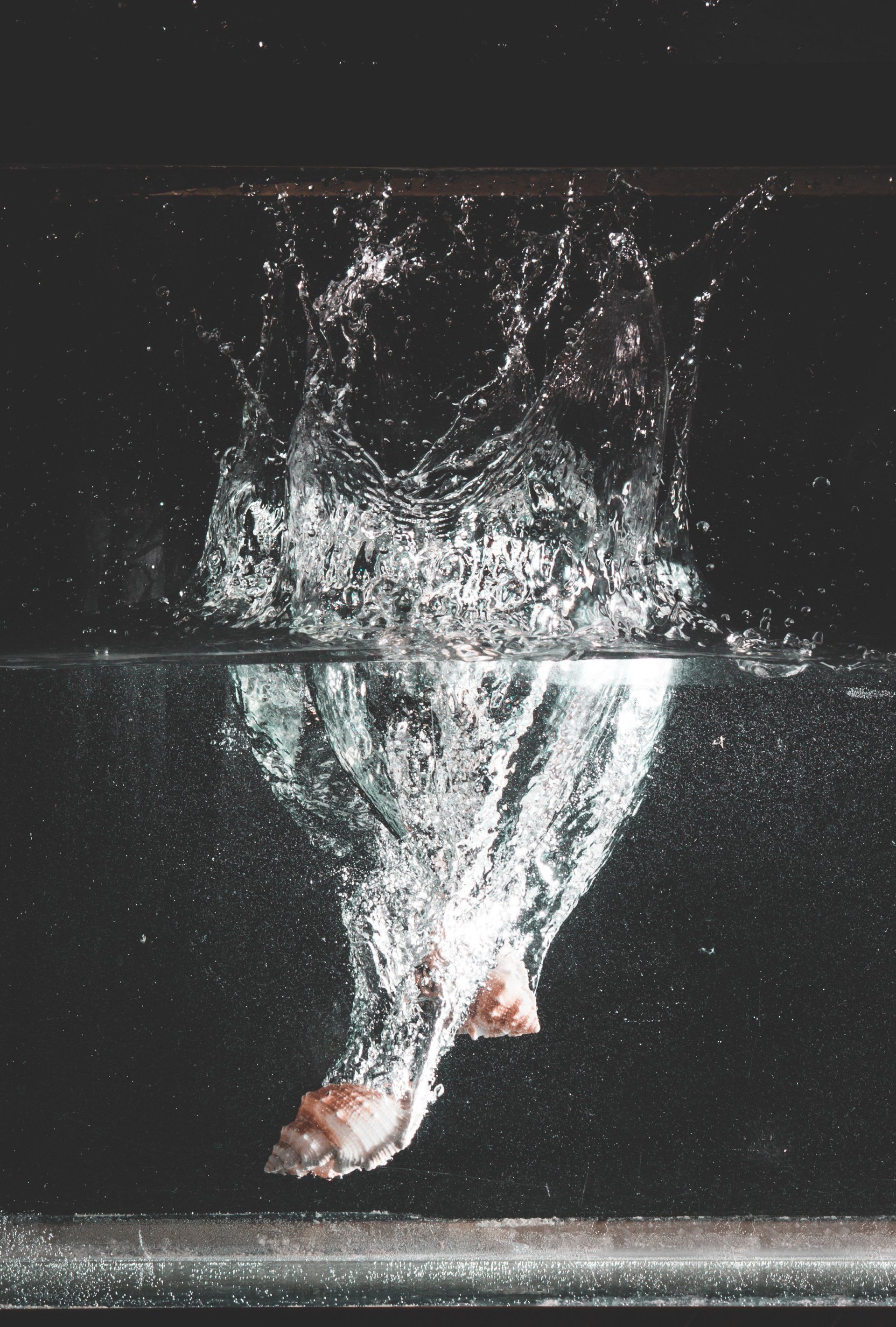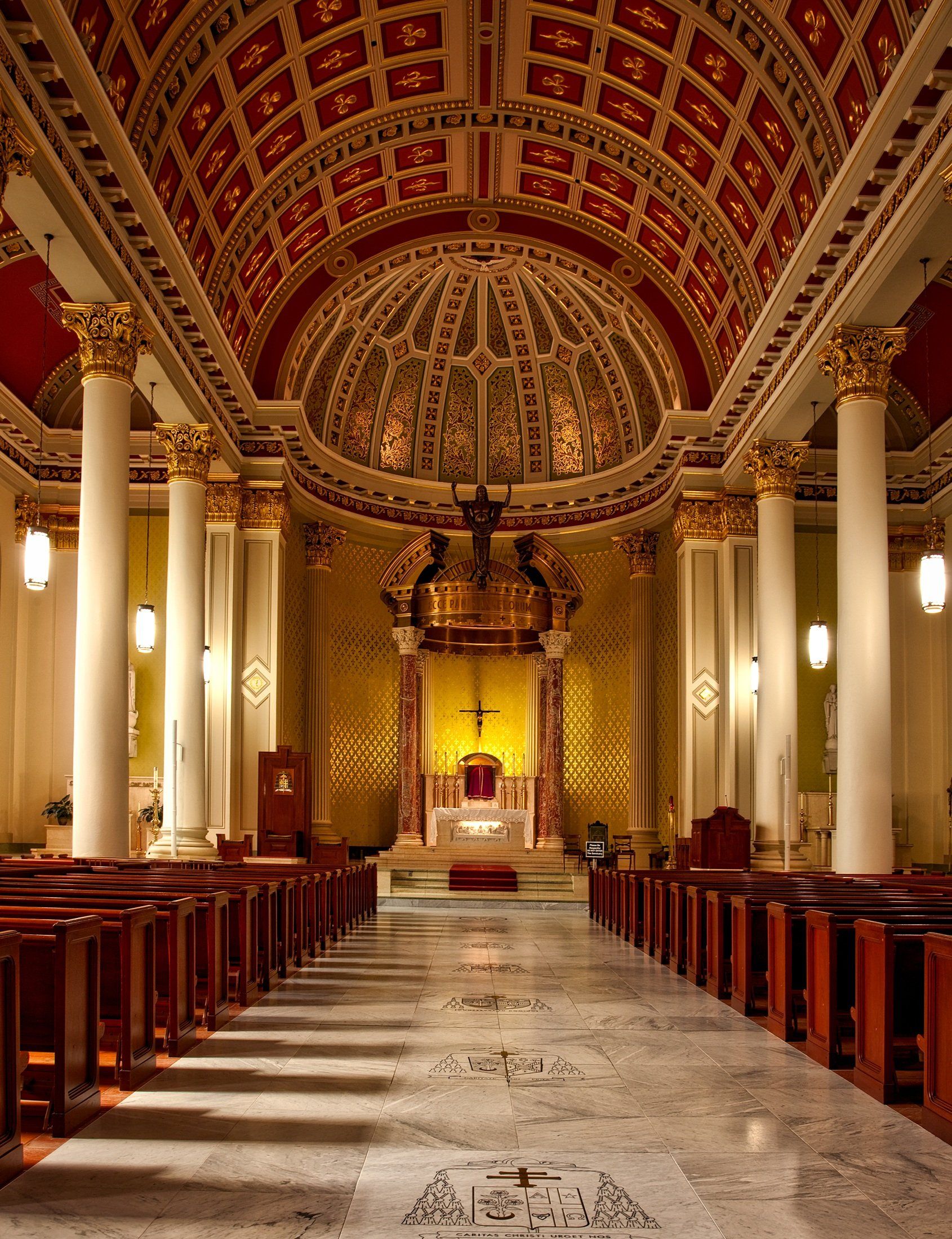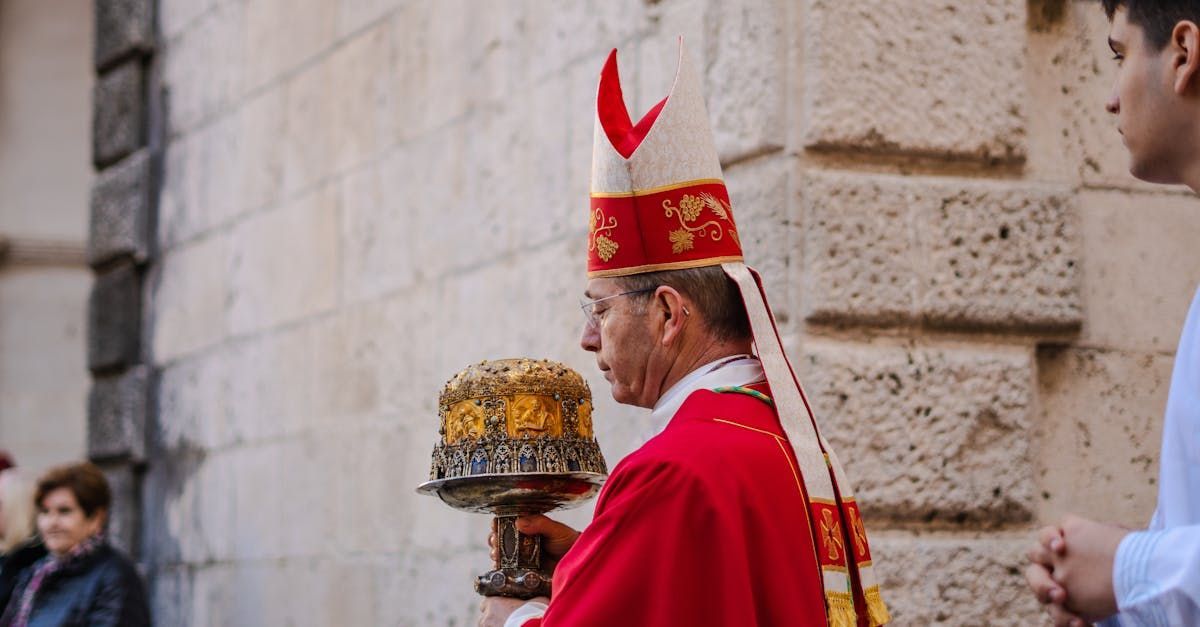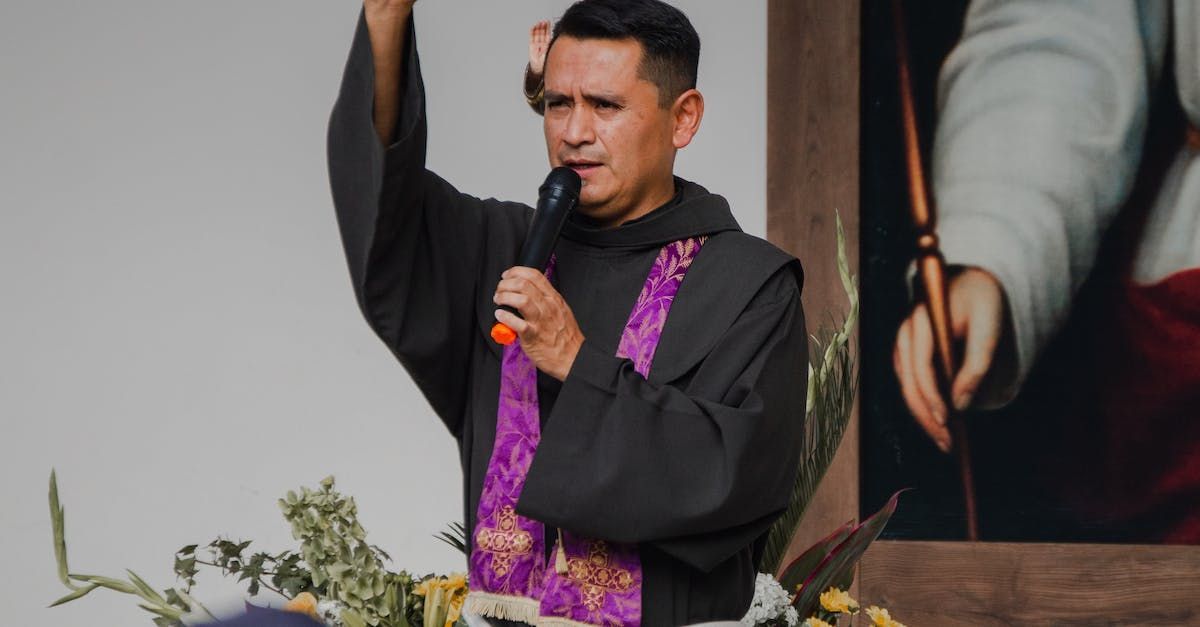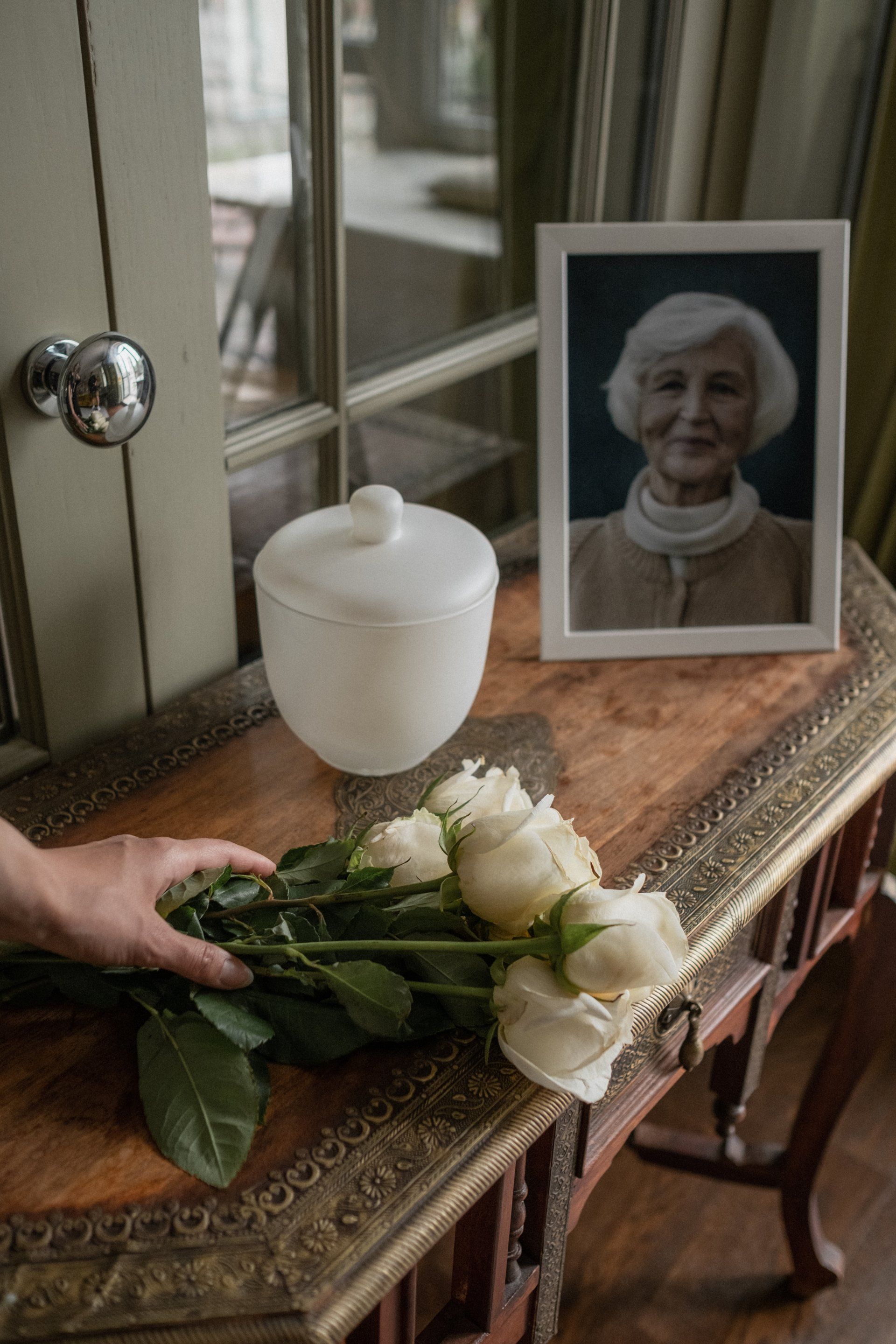Persistence in Difficulty
Our parable today is customarily called the Parable of the Persistent Widow. However, there’s another character in the story: the Unjust Judge. It is out of the ordinary for Luke to give us the motivation that Jesus has for teaching with a certain parable. However, this parable has a particular motive and Luke says it is to teach “the necessity for them to pray always without becoming weary.”
It is interesting to note that the Greek word that Luke uses and we have translated in our Lectionary as "weary" is engkakēo. Other English translations of Scripture sometimes translate this as "disappointed" or "to lose heart." But the root of this word is en plus kakos, which literally means “in” [the midst of] “evil.” In reality, Christ is teaching his disciples to pray and persevere while surrounded by evil. It is easy in a bad situation to lose heart, to want to give up, or to become despondent. But Our Lord teaches them to persist in their carrying out of his commands.
In order to understand the mystery of a good God who allows us to suffer, a good theological treatment that is also easy to read is C.S. Lewis’ The Problem of Pain. You can find it in print and online. There are eBook and audio book versions, both in free and paid versions. However much we understand intellectually the mystery of suffering, it something altogether different to experience. Surrounded by suffering and evil, what must we choose to do? How will we engage in what is difficult?
I would like to share with you some wisdom from St. Alphonsus Ligouri, the "moral" doctor of the Church. A healthy practice of detachment is absolutely necessary to persistence in the face of suffering. St. Alphonsus gives four areas of detachment. First, in external matters we must avoid any expression against God’s will. In rain, draught, storm, or cold, we should not utter disgust or complain. Second, in personal matters we must be resigned to God’s will. Whether our reputation is injured or we lack for our personal needs, our prayer must reflect Job’s: “Do thou build up or tear down according to your will, O Lord.” Thirdly, in natural defect we must not lament who God has created. Each person is unique and unrepeatable. If one was of lesser stature, it could be that he could not sustain the heavy burdens of life. If one was more beautiful, it could be that he would deal more difficultly in temptations against chastity. If one had more wealth, it could be that he would be tempted toward miserliness. Fourthly, in physical ailment embrace the cross for the degree and length of said infirmity. This does not mean that we should not seek medical remedy. However, any suffering beyond what can be alleviated, we should embrace as reparation for sin. Also in ailment, St. Alphonsus says that we must not plan and think about the things we would do if we were not sick.
Wise advice from a Doctor of the Church to help us persevere and not become weary.
Pastor's Ponderings

